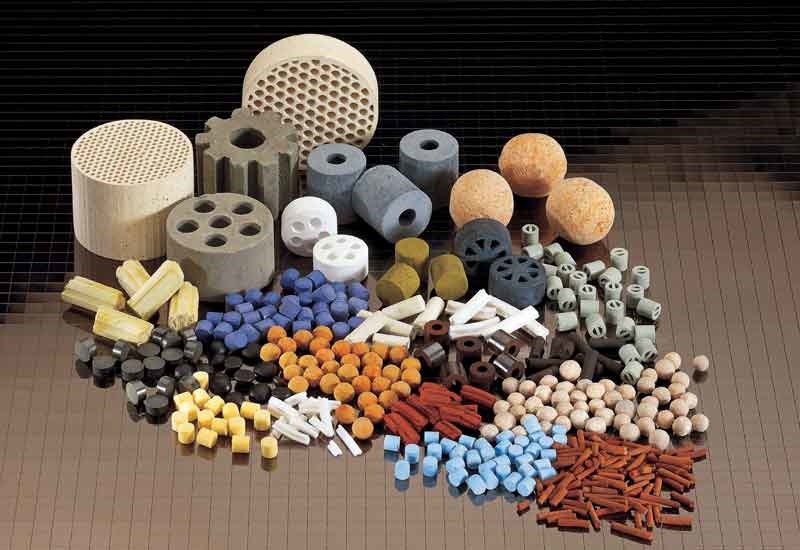
Catalysts have numerous applications in our daily lives due ability to enhance chemical reactions, control selectivity, and reduce the environmental impact of certain processes such as the operation of internal combustion engines. Thanks to their indispensable roles, these transformative agents are now at the center of a wide range of industrial processes, from creating renewable fuels to producing chemicals.
In this post, we’ll be looking at the various roles of chemical catalysts in manufacturing. Read on to learn more.
1. Accelerating Reactions
This is the primary function of chemical catalysts in almost any manufacturing process. In most cases, the reactions that require a boost can’t occur successfully at ordinary temperatures and pressures. The seemingly ideal solution would be to raise the temperature and pressure, but that’s not economically viable in the long run.
By introducing a boosting substance, which is the catalyst in this case, it’s possible to lower the temperature and pressure requirements for chemical reactions so they can occur under normal conditions. As a leading provider of chemical catalysts for industrial manufacturing, Applied Catalysts helps companies improve their manufacturing processes and make them more sustainable in the long term.
2. Innovation and Product Development
This one may not seem obvious at first, but catalysts can be used in the manufacturing processes of new products. In chemical manufacturing, for example, catalysts can create favorable conditions for reaction processes that would otherwise not occur seamlessly under natural conditions.
By leveraging catalysts in the manufacturing of new products, it’s possible to come up with new materials, hence products with enhanced properties. What’s more, catalysts are useful in the development of sustainable technologies such as environmentally-friendly materials. For example, scientists have been studying the input of catalysts in fields like artificial photosynthesis and biocatalysis applications such as converting waste bread into biodegradable plastics.
3. Energy Production
Depending on what you are looking at, some manufacturing processes can be energy-intensive and drive up manufacturing costs by a vast margin. Catalysts are instrumental in biomass conversion processes, hydrogen fuel cells, and other processes tied to the production of renewable energy.
Leveraging such catalysts is crucial in supporting the creation of sustainable energy for manufacturing processes and can lower the total cost of production, making products affordable for the end consumer.
4. Facilitating Selectivity & Specificity
Manufacturing processes can be quite unpredictable, often yielding more unwanted by-products than would be financially sensible to a company. Catalysts can help influence the selectivity and specificity of chemical reactions to ensure that the resulting products are the expected ones.
Having enough control over reaction pathways is imperative in pharmaceuticals and fine chemicals industries where specificity and purity are paramount.
5. Process Intensification
Process intensification allows the production of larger quantities of a product in smaller, more efficient reactors. Catalysts are used in such setups to facilitate reactions at greater efficiencies and effectiveness. In the end, manufacturing processes will be economically viable and sustainable, ensuring that customers don’t bear the cost of inefficient production processes.
Improve Your Manufacturing Processes With Applied Catalysts
The above are just some of the most common roles of catalysts in manufacturing processes. If you’ve just started exploring the use of catalysts as a product manufacturer, you may want to engage experts like Applied Catalysts for the best results.
With the right technology and years of experience serving clients like you, it’s only a matter of time before you have appropriate catalysts for your processes.
Keep reading such informative content at bhtnews.com
